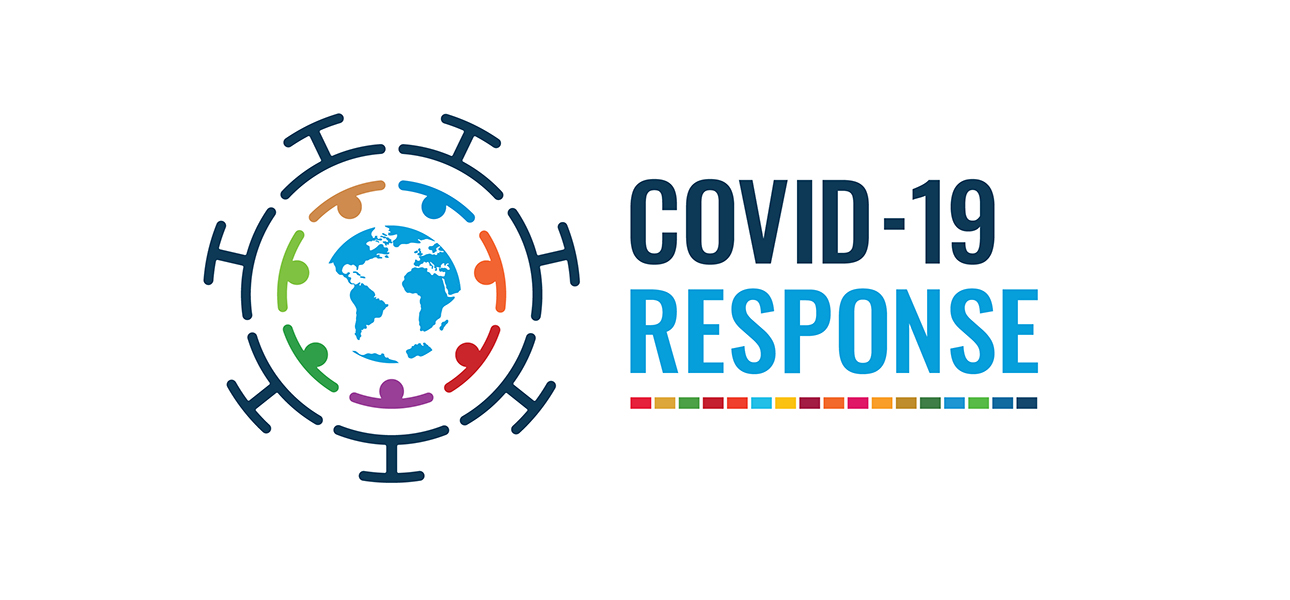Amidst a global pandemic, where every world nation is struggling with ensuring the health and safety of all its citizens and is plagued by multitude of deaths, the world is in dire need for all its nations to come together and help each other survive. It would be handy to have an international institution that facilitates that, oh wait, we already do!
The United Nations has now been established for just over 75 years, and one of the frequently asked questions is whether it is still relevant in this day and age. The United Nations Charter was signed back on the 26th June 1945 and it came into force on the 24th October 1945. The purpose of the United Nations is to help the world live in peace and harmony as one united global community. It seeks to remove all that threatens peace, ensure there’s conformity when it comes to the principles of justice and international law and serve as a mediator to settle international disputes and problems. It works tirelessly to encourage respect for human rights and fundamental freedoms for all, without distinction of race, sex, language or religion.
Just like the League of Nations was created as a reaction to the end of the First World War, as soon as the Second World War hit, the world recognised it needed something stronger, and for this reason the United Nations was established. It was seen as an opportunity in order to strengthen the institutions that existed and making them better and more relevant to the period of time.
One of the major past failures of the United Nations was the Cold War and many believe that that should have been the death of the United Nations and the rebirth of something stronger. However, is rebuilding a whole new international entity what is needed or should we look at how we can all improve upon the work being done by the United Nations in order to make it more relevant and effective in the 21st century?
The United Nation’s Secretary General himself has shown deep concern regarding the risk of another cold war happening, this time between the United States of America and China, specifically as a reaction to COVID-19. Antonio Guterres insisted that the world “cannot afford a future where the two largest economies split the globe in a Great Fracture — each with its own trade and financial rules and internet and artificial intelligence capacities.” Currently, the USA is playing the blame game with China and holding it responsible for all the deaths caused due to the pandemic. However, is us focusing on where this kind of problem originated from going to help us fix the problem? No. It’s only by working together as a whole globalised world that we are to manage to survive this pandemic with as little negative consequences as possible. The countries all around the world need to come together, now more than ever, in order to find a unified vision. And what better institution to help facilitate this than the United Nations?
According to Thomas G. Weiss, a professor at the City of New York Graduate Centre, the pandemic has set path for nationalism and populism to grow and this makes it even harder for entities such as the United Nations to persist on the importance of multilateral cooperation. Truth of the matter is that the United Nations, through the 17 Sustainable Development Goals has given detailed guidelines on what nations need to do in order to achieve the purpose the United Nations stands for today, and also can serve for the whole world to slowly but surely get out of the rut created by the pandemic. However, the United Nations cannot do this on its own, nor does it have the power to do anything on its own, it needs the support and cooperation of each and every individual member state. The world states need to abandon this nationalistic idea of “my country comes first” and start looking at ways on how to use the sustainable development goals, and each other’s support in order to get out of this pandemic alive.
Yes, the United Nations serves as a guide to reach this idealistic state where the world lives in harmony with no wars, no discrimination, full respect to human rights and this sense of a global community. However, neither the United Nations nor the world will ever manage to reach such a state if the world leaders themselves don’t go into General Assemblies with the mentality of finding solutions instead of creating problems.
It is time to look retrospectively and instead of pointing our finger at the United Nations and deeming it irrelevant to the 21st century or asking it to “do better”, we look within our own nations and see what we are doing and how that is in effect, helping or hindering the work of the United Nations.
References:
https://www.euronews.com/2020/09/22/un-chief-warns-over-threat-of-new-cold-war-between-us-and-china

